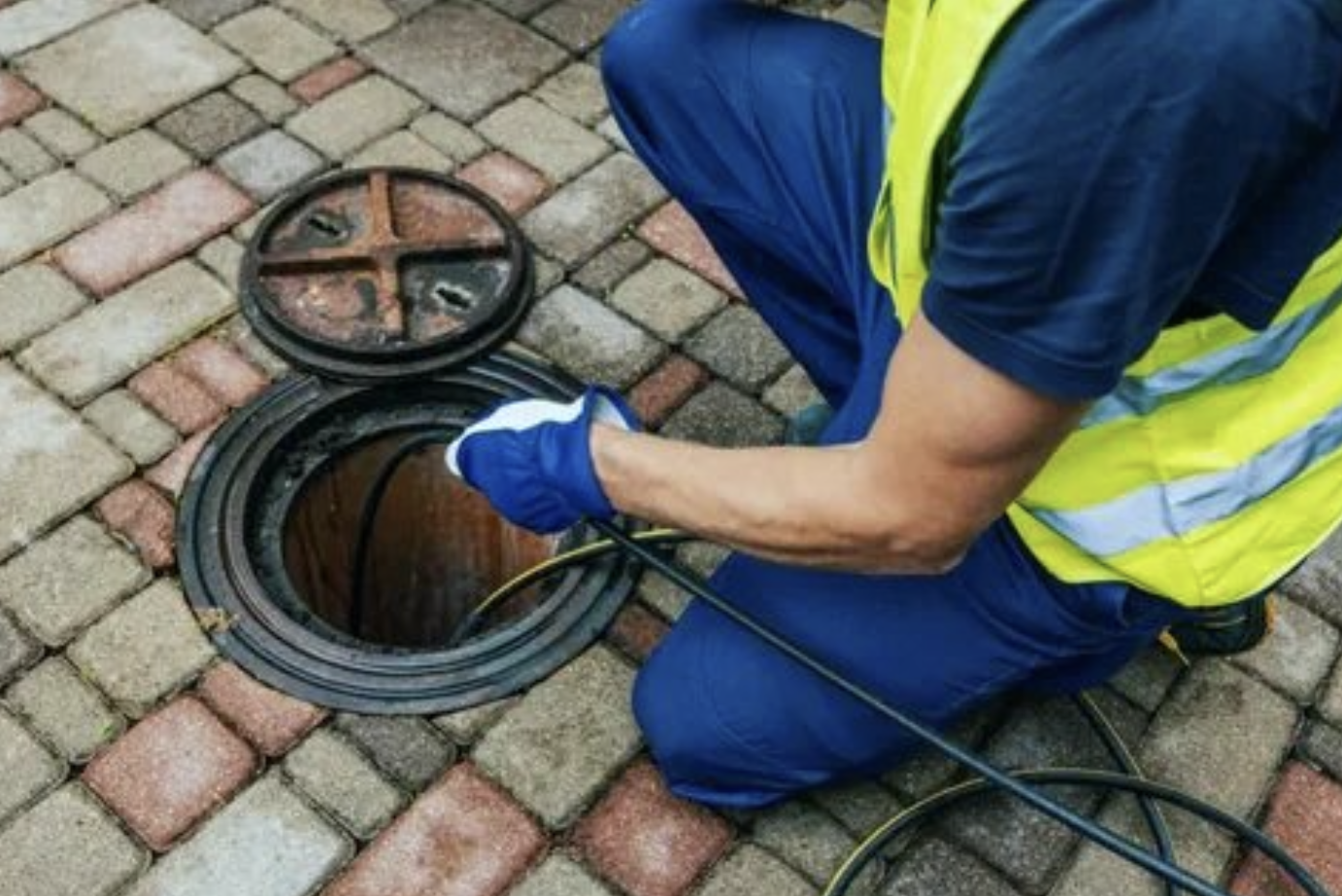Environmental Impact of Blocked Drains and How to Mitigate
RH Business Marketing Solutions
Have you ever thought about what happens when your drain gets blocked? Apart from the immediate inconvenience, what are the wider implications? This web journal post dives into the at times talked about natural affect of blocked drains. While much attention is heaped on issues like plastic pollution and carbon emissions, the environmental hazards posed by blocked drains often escape public discussion. But why should it concern us at all? Equally important, what practical steps can we take to mitigate these impacts? As conscious inhabitants of this planet, it is time we turn our attention to such critical, yet overlooked, issues.
Unmasking the Issue: Why Are Blocked Drains an Environmental Problem?
Often seen as an isolated household problem, blocked drains pose a significant threat to the surrounding environment. Whether due to improper disposal of non-biodegradable waste or natural debris accumulation, these obstructions can alter the normal flow of water. Consequently, this could lead to sewage overflow or even water pollution, with adverse effects on local flora and fauna. But can we quantify these impacts? Furthermore, how does it influence us in the long term?
Ripple Effects: What Happens to the Environment When We Ignore Blocked Drains?
Ignoring blocked drains essentially implies an indirect contribution to a host of environmental problems. Overflows invariably introduce harmful pathogens and pollutants into local water bodies, endangering aquatic life and disturbing ecological balances. This untreated waste not only contaminates water sources but also seeps into the soil, affecting plant life and food chains in the long run. But is there a possibility for us to alleviate these effects?
A Snapshot of the Status Quo: Who is Responsible for this Situation?
Unintentionally or not, we all contribute to the problem of blocked drains. From domestic settings to commercial establishments, improper waste disposal practices like flushing of non-degradable items are common. Despite regulations in some regions, enforcement often remains lax. But can putting the blame entirely on individuals or businesses be justified?
The Flip Side: Are there any Pros to Blocked Drains?
Arguably, blocked drains can unintentionally create unintended ‘wetlands’ which become habitats for certain types of fauna. However, it's important to bear in mind that these are often temporary and can disrupt the stability of local ecosystems. What can we do then to ensure more sustainable solutions?
Treading Lightly: How Can We Mitigate the Environmental Impact of Blocked Drains?
Prevention is notably the most effective strategy. Simple habits like avoiding the disposal of non-biodegradable waste into drains can make a remarkable difference. Regular drain cleaning, either DIY or professional, is also a vital practice. Additionally, lobbying for tighter regulations and implementations can play a catalytic role.
A Collective Effort: What Role Can We Play as Individuals and Communities?
At an individual level, adopting responsible drainage practices is a step towards the solution. Educating those around us can multiply this impact. On a community scale, regular clean-up drives and collaborating with local bodies can help maintain healthy sewage systems and prevent blockages.
Conclusion
The environmental impact of blocked drains might not be the first issue that springs to mind when considering ecological damage. However, the ripple effects of this mundane household problem hold enough potential to disrupt delicate ecosystems. While the burden of change doesn’t fall on us alone, we undoubtedly have the power to make a significant difference. By adopting mindful habits and proactively participating in community efforts, we can stem the tide and save our waters from unhealthy overload. Indeed, every little action counts when it comes to preserving the health of our planet. At the end, it is all about caring for our home, not just the structure of bricks and concrete, but the bigger one we all share – our Earth.
